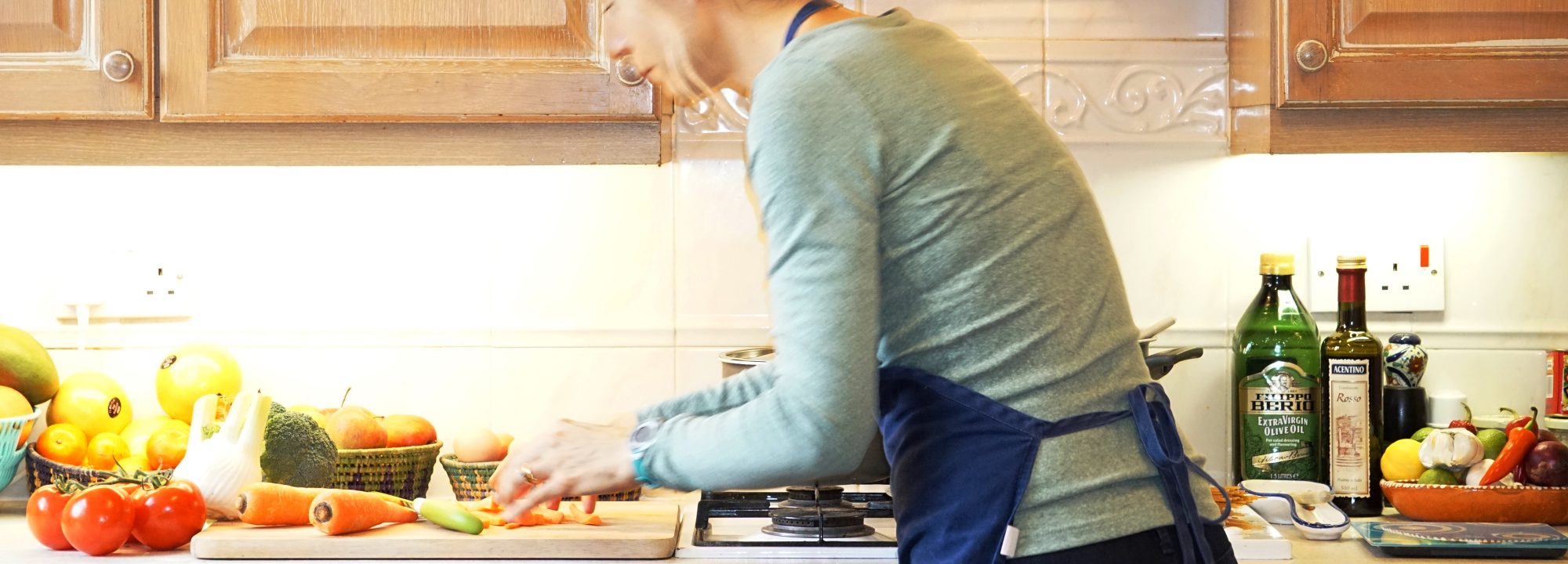To say that it has been an eventful couple of weeks in the UK is a bit of an understatement. First, the shock result of the referendum on Brexit hit us hard because in spite of the oft repeated numbers reported on the morning after, no one could actually believe that it had happened. As reality set in, the penny literally dropped as politicians realised that everybody had thought that someone else was making the plan for a Brexit outcome. It quickly triggered a mass exodus of politicians from all sides including the Prime Minister and oddly, some of the very people who fought and got the result they wanted.

While the deserting politicians scarpered off, a blame game began among those still shell-shocked by the result and an unexpected leadership contest was inflicted upon the larger political parties. As incessant infighting and open warfare within the different parties played out like two non-EU Greek tragedies, the public could only watch and wait for the next act to begin. The removal of ‘parenthood’ from the list of essential skills required in the job description for Prime Minister caused one leadership contest to conclude dramatically. However, the other contest still plays on as a true comedy of errors. Today we are faced with a swiftly installed new PM while the current leader of the opposition continues to face his detractors like a barnacle to the waves.
As the pound plummets and we wait to find out the real implications of Brexit and how exactly it will affect our family’s lives and future prospects, there have already been some nutrition winners and losers of the referendum. First up is chocolate.
As anybody living in the UK knows, people like their chocolate. In fact, the British consume an average of 7.4kg per year which globally, keeps them on the podium just behind Switzerland and Germany. However, the falling pound due to Brexit has caused the price of cocoa to increase to a 40yr high and this is likely to be passed onto the consumer. Although one could argue that if the price of chocolate rises then perhaps people will consume less of it and this could make a positive impact on their health. However, there is no guarantee that all that chocolate wouldn’t be replaced by other unhealthy foods. So chocolate is a Brexit loser.
Next up are fizzy drinks. It makes sense that if a devalued pound affects the price of cocoa and increases the price of chocolate then the same should be true of sugar and fizzy drinks. However, what many did not predict was that the canny Food and Drink Federation (FDF) was also going to use Brexit as a means of putting pressure on the government to delay introducing the ‘sugar tax’ imposed on fizzy drinks due to start in April 2018. The FDF has claimed that the increased price of its imported ingredients and their reliance on migrant EU workforce puts their industry at unnecessary risk and therefore, the sugar tax should be ‘paused’. They also argue that once the UK leaves the EU then we will be flooded with imports that threaten the tax’s efficacy. What this means is that the industry may not only increase their prices to account for the increased costs, but some companies may also delay investing into any reformulation that makes their drinks healthier to avoid the tax being imposed on them. I don’t think it is cynical to question if companies are going to invest their time and money in reformulation if there is a chance that putting pressure on the government may result in a ‘pause’? So fizzy drinks may turn out to be a Brexit winner (but a nutrition loser).
And the last contender is fruit and veg. It may be hard to believe but we only produce around 60% of the food we consume in the UK. Of this, only 15% of the fresh fruit and 55% of the vegetables sold are grown here and we import most of the rest of it from the EU. Again, the weak pound makes it more expensive to import and this impacts on the prices in supermarkets. Clearly, fruit and veg is a Brexit loser.
So far Brexit is not looking good for nutrition but currently there is just not enough certainty about the extent to which the UK’s food security will be affected and impact on our health. For example, the food we produce in the UK will also be affected by Brexit as not only do UK farms largely rely on a EU sourced workforce but they also benefit from some chunky EU subsidies. Last year alone, British farmers received €3.1bn from Brussels through the common agricultural policy. But didn’t those Brexiters on the bus promise something about making up for this shortfall? Or was it for the NHS?? Until we know more about any trade deals between the UK and EU countries and how it will affect the free movement of people, goods and services how can anyone possibly predict what a Brexit Britain will look like?
In the meantime, we can only be sure of witnessing more political dramas as they unfold as the PM steadily forms her new cabinet of ministers with a quick succession of appointments and sackings. On the other side, the comedy of errors has deteriorated into a Mexican standoff and the stakes are higher than ever. I think we will have to wait until the dust has settled on the political front to bring some clarity to what comes next. Who’s to say how Brexit will influence our future shopping habits, national diet and subsequent health. In the meantime, we might as well continue to enjoy some of the UK’s finest and most nutritious produce such as Scottish salmon, er…
And here is a great recipe to make the most of it — Pistachio crusted salmon. It is a quick fix and you can adjust it to the quantities you need.

